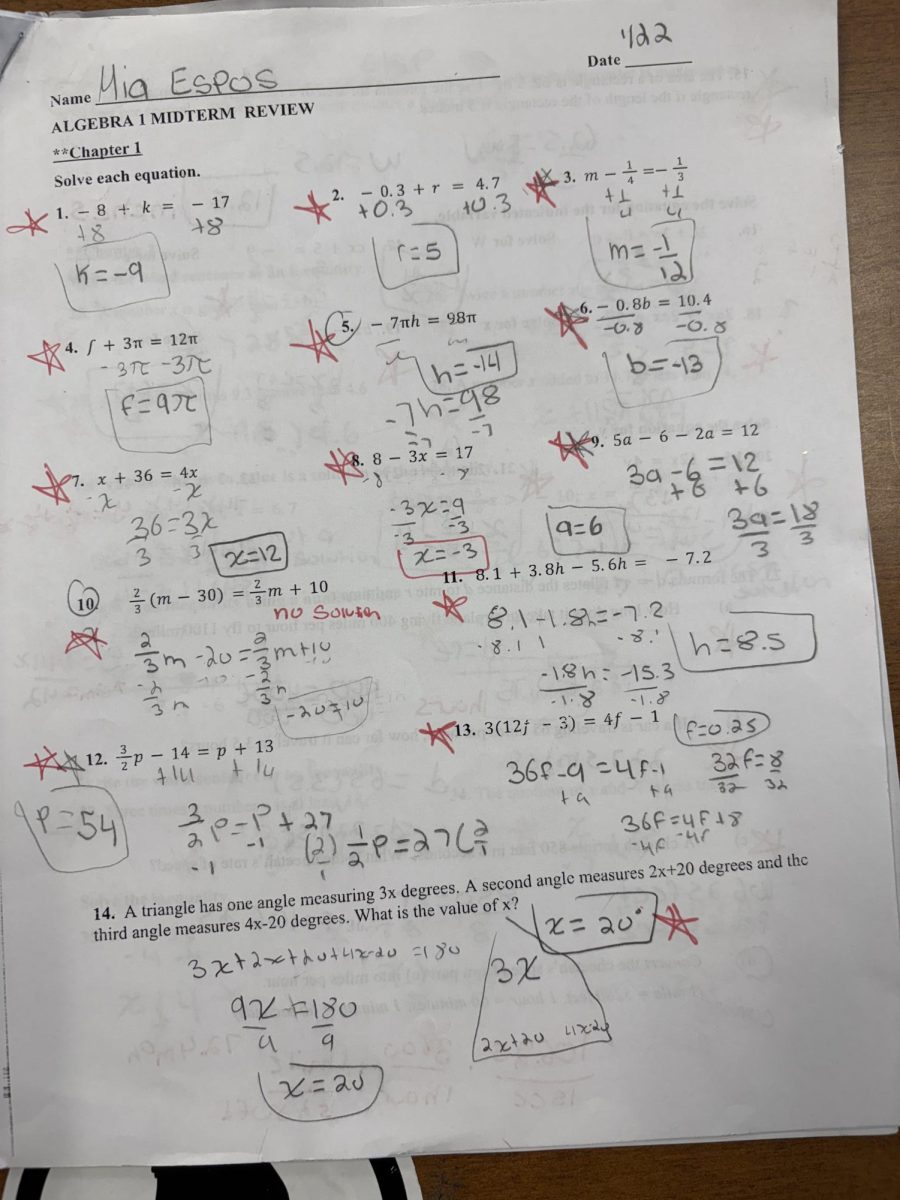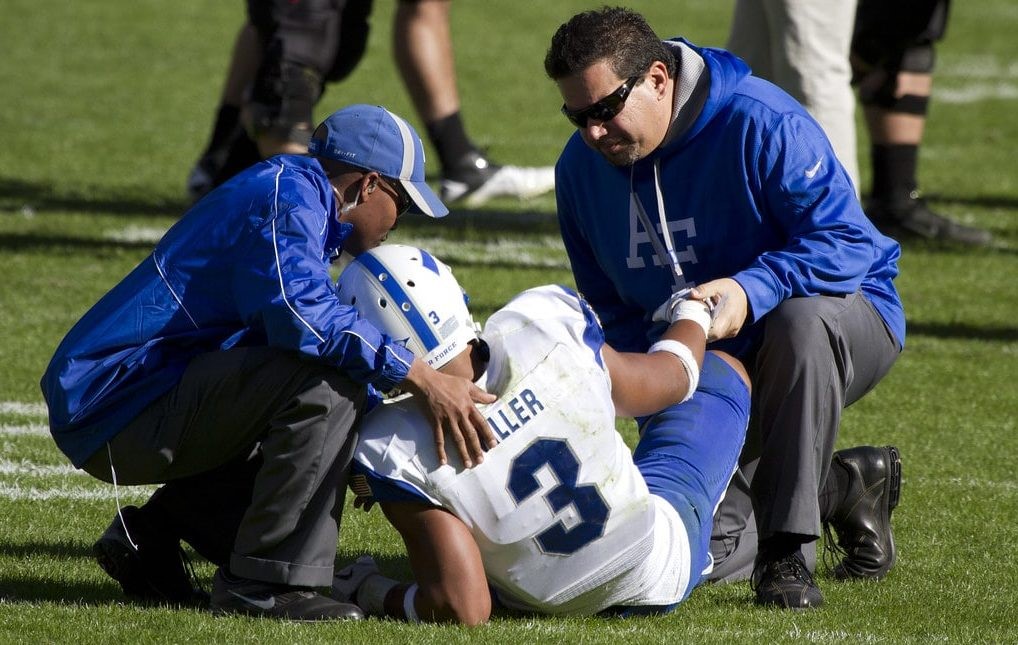Imagine coming home from your three-hour dance practice, only to remember that you have your math midterm the next day. On top of that, you have to study for a social studies exam and finish writing an essay for Language Arts. You feel stressed, as you do not know if you will have enough time to study for your tests and write your essay, while still getting good grades.
The midterm is a test taken by all students to see what they have understood so far. The article entitled “How to Help High School Students Prepare for Midterm Exams” from Connections Academy explains, ¨Mainly, midterm exams help teachers and students evaluate the students’ grasp of the material they have covered to that point and determine whether students have a solid foundation for learning the remaining material,” (Hersum). The article entitled “What Are Midterms in Middle School” from Triangle Day School states, “This can offer a barometer for middle school students to determine how well they grasp what they have learned in class” (What Are Midterms in Middle School?).
While high schoolers take multiple midterms, middle schoolers only have to take one for math. With the midterm right around the corner, many students are spending all of their free time preparing. Eighth grade student Madison Greenwald said, “I start studying a week or two before. I study a lot the night before because it is worth a lot and can affect your grade by a lot.”
Because midterms are important for placement, they provide a tremendous amount of stress for students. Students may often feel the pressure of having to perform well to maintain a good grade or get into the best possible high school math classes. Sixth grade student Alina Alchogirova claimed, “This is one of the biggest tests, so I am a little stressed about it.”
Many members of the Edison Intermediate School community believe that midterms are more important than other math tests, so they should be worth more points. Midterms are currently worth 100 points, which is the same as most regular math tests. While a regular math exam usually tests what students have learned in a short time period, midterms test the understanding of what students have been taught in half of the year. Because midterms contain all the information students have learned since the beginning of the year, students and teachers argue that they should count more than other tests. Math teacher Mr. Zachary Crutcher stated, “Midterms should probably be more points in the grade portal. It is a sign of how the student is learning, showing that they understand the material.”
In addition, eighth grade student Lexie Beke said, “I think midterms should be worth more because it reflects on how you’re doing in math.”
To reduce the stress of midterms, students can study by using the study guide provided by their teacher. Along with that, here are five useful tips from tutoring experts to help you ace your midterm:
- Practice daily: Just like athletes and musicians, students need daily practice. It’s better to study often for shorter amounts of time than it is to study occasionally for longer amounts. Consistency over time triggers your long-term memory, whereas long, infrequent study sessions engage short-term memory.
- Don’t just reread your textbook or notes: While it’s important to make sure you understand what’s being taught, practicing difficult problems will help you learn better than simply reading your textbook or notes. Solve example problems from relevant past lessons — or you can create your own problems to test yourself!
- Spend time on hard problems: The harder a problem, the more you should do it. Try to determine what kinds of problems are the most difficult for you. Spend extra time reviewing these questions, and reach out to your classmates or instructor if you need extra help.
- Use flash cards: We commonly think of using flash cards for learning a language or remembering historical dates, but flash cards can be useful for math too! Instead of memorizing a specific answer, use flash cards to memorize the process of solving different types of math problems. Write down the steps you took and equations you used to solve each problem. This will help you understand how to solve multiple test questions.
- Don’t casually look through your homework: As you look at past assignments, focus on specific concepts and problems instead of quickly rereading everything. Write down any questions you have so that you can review them during your study time or ask about your teacher about them.









